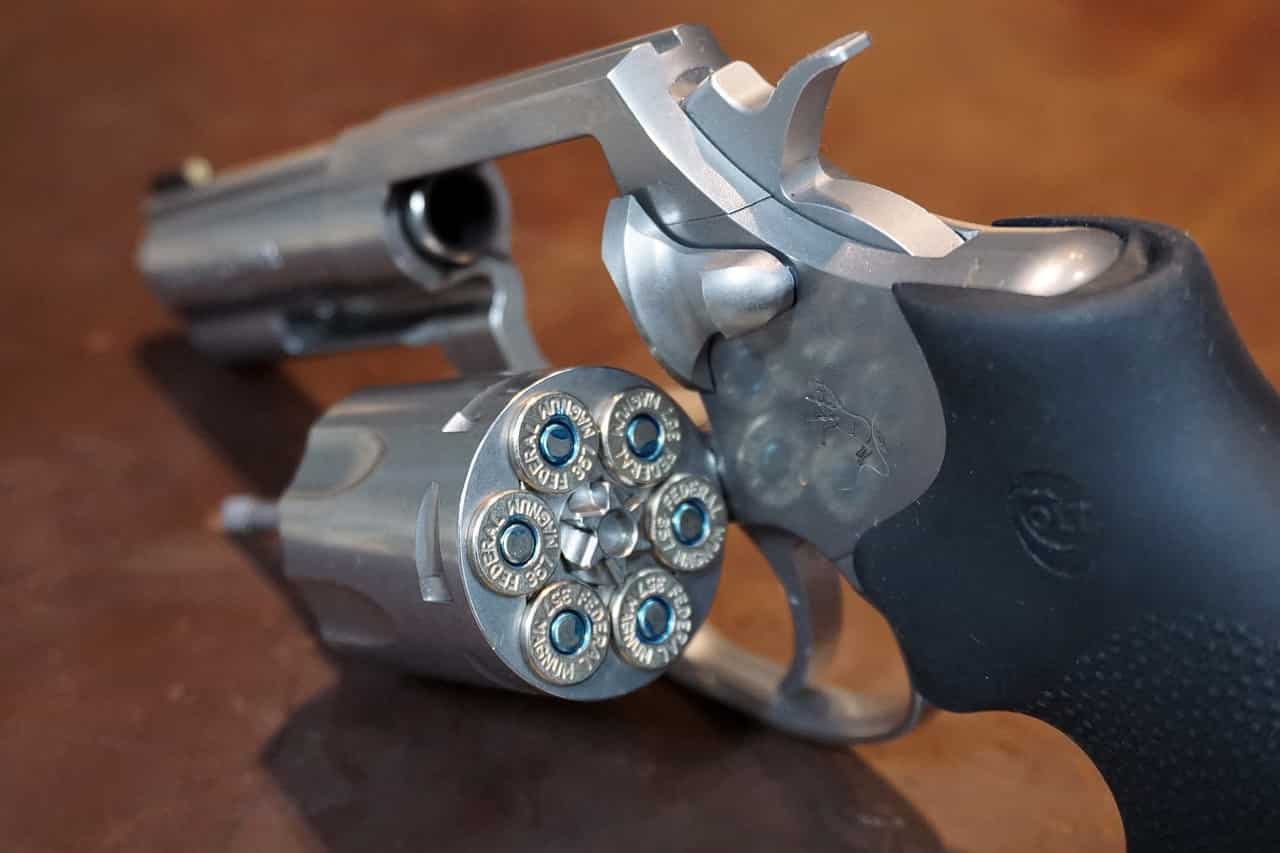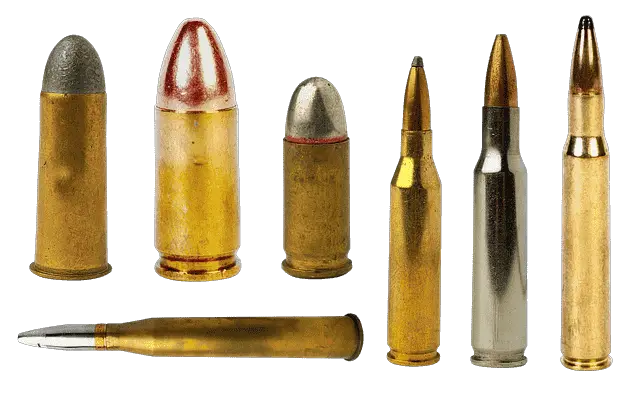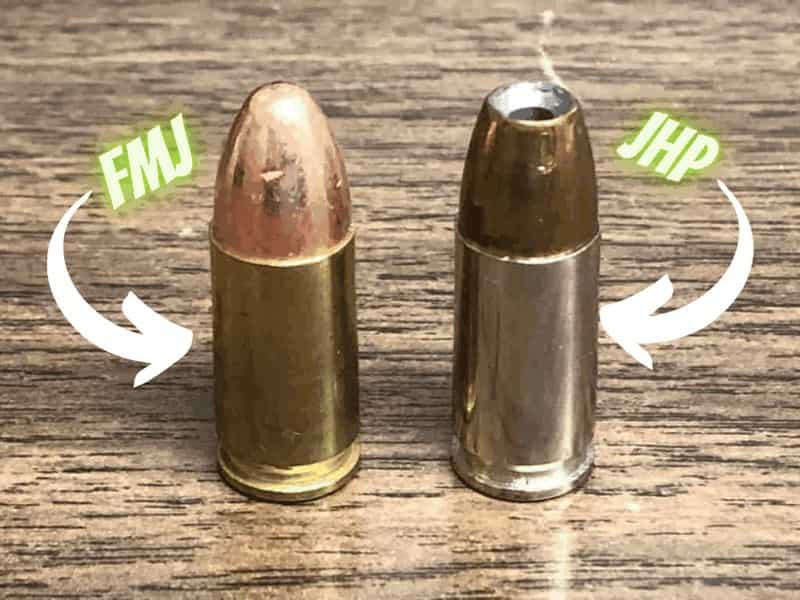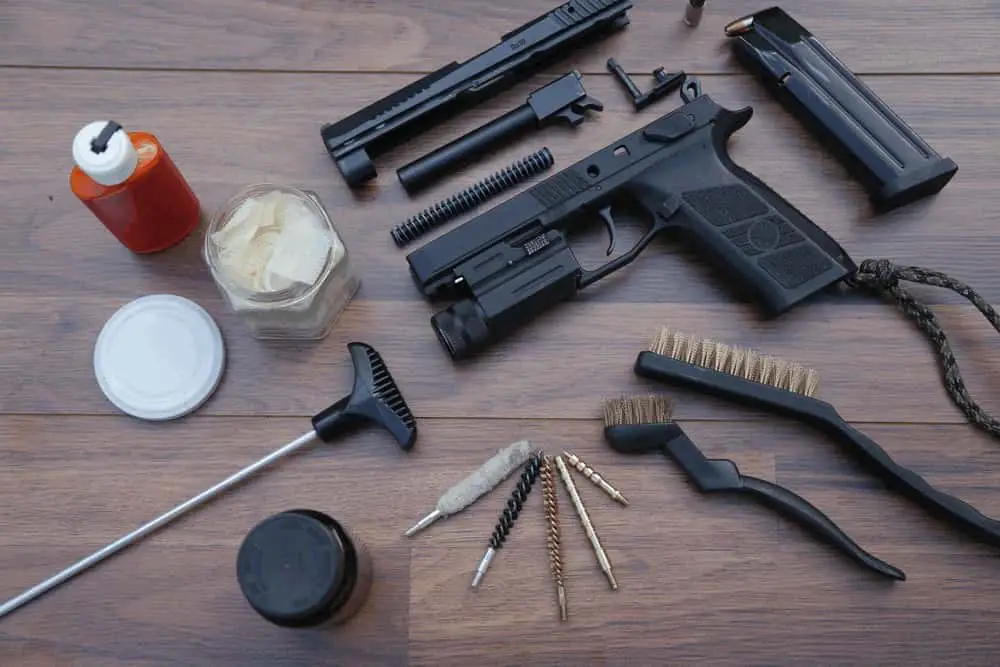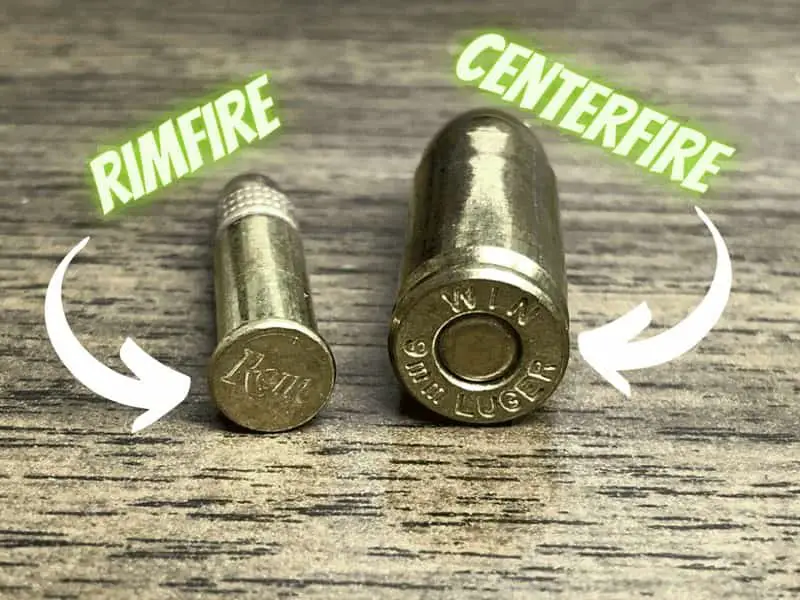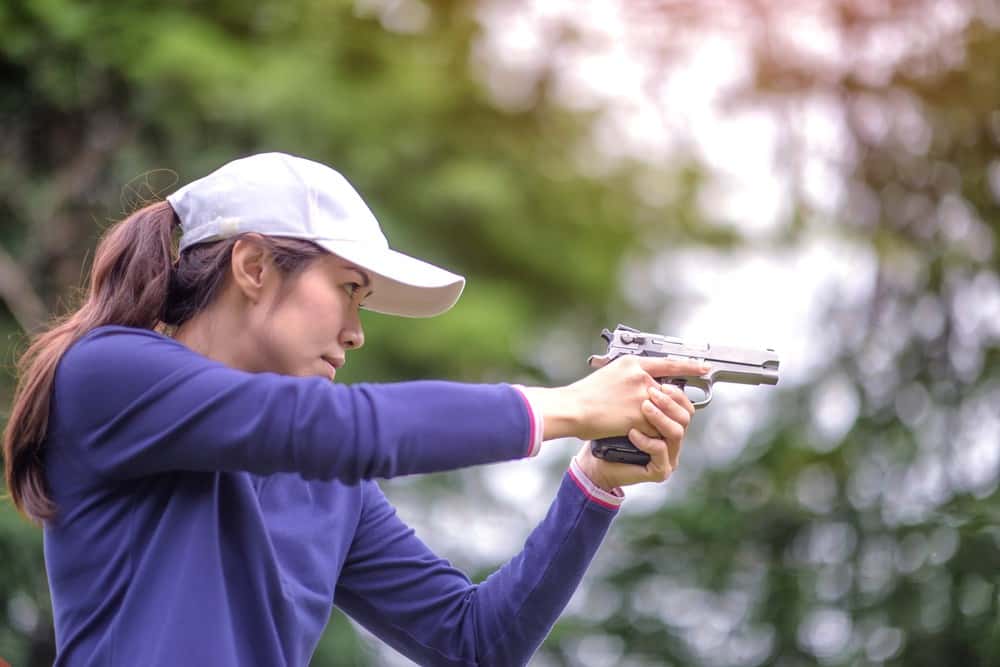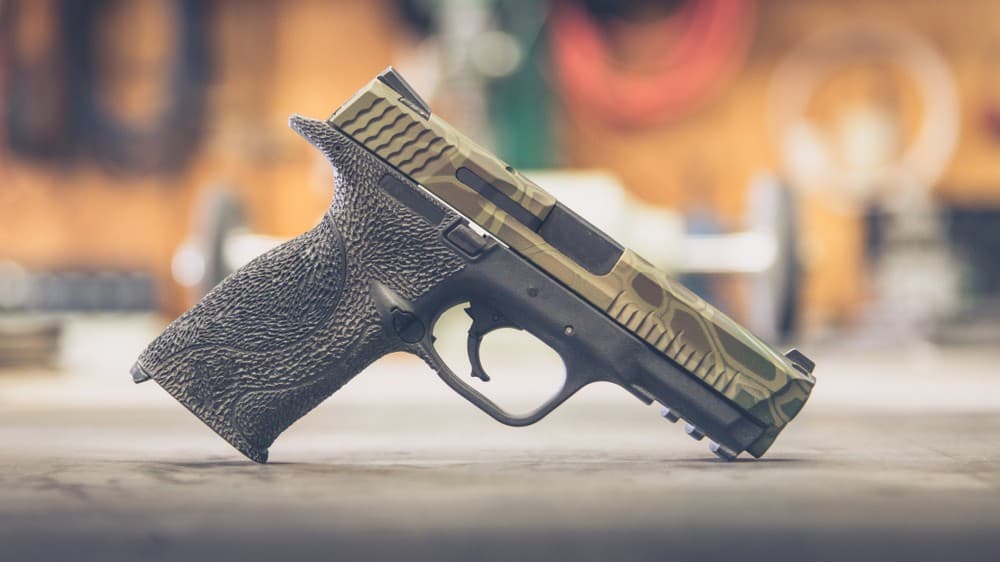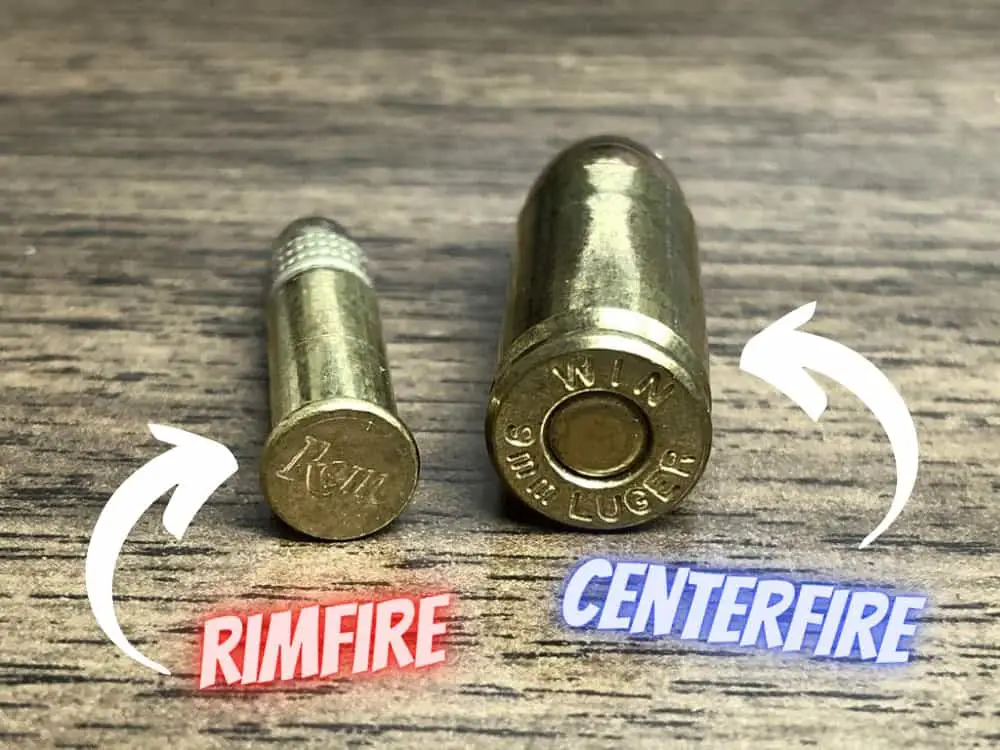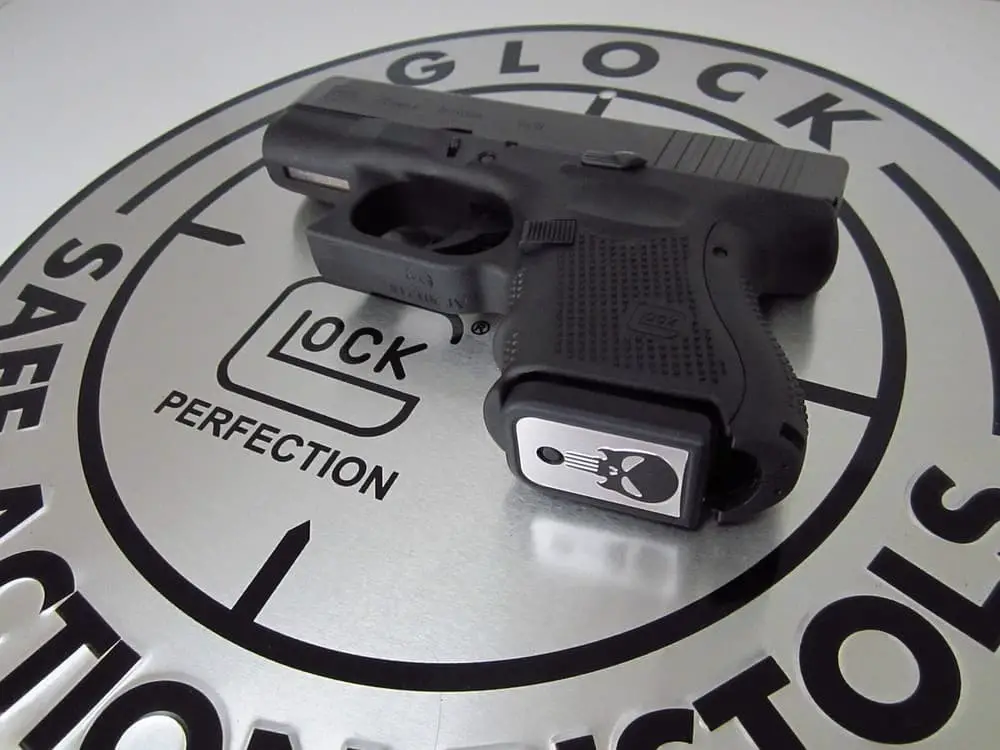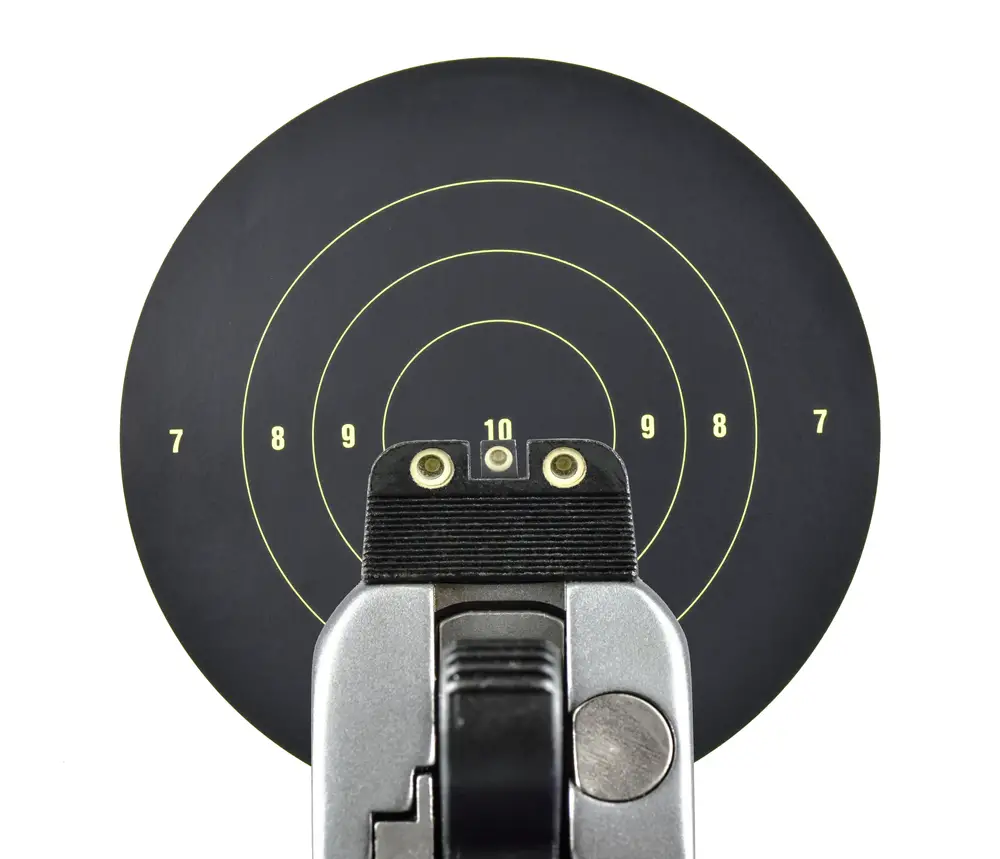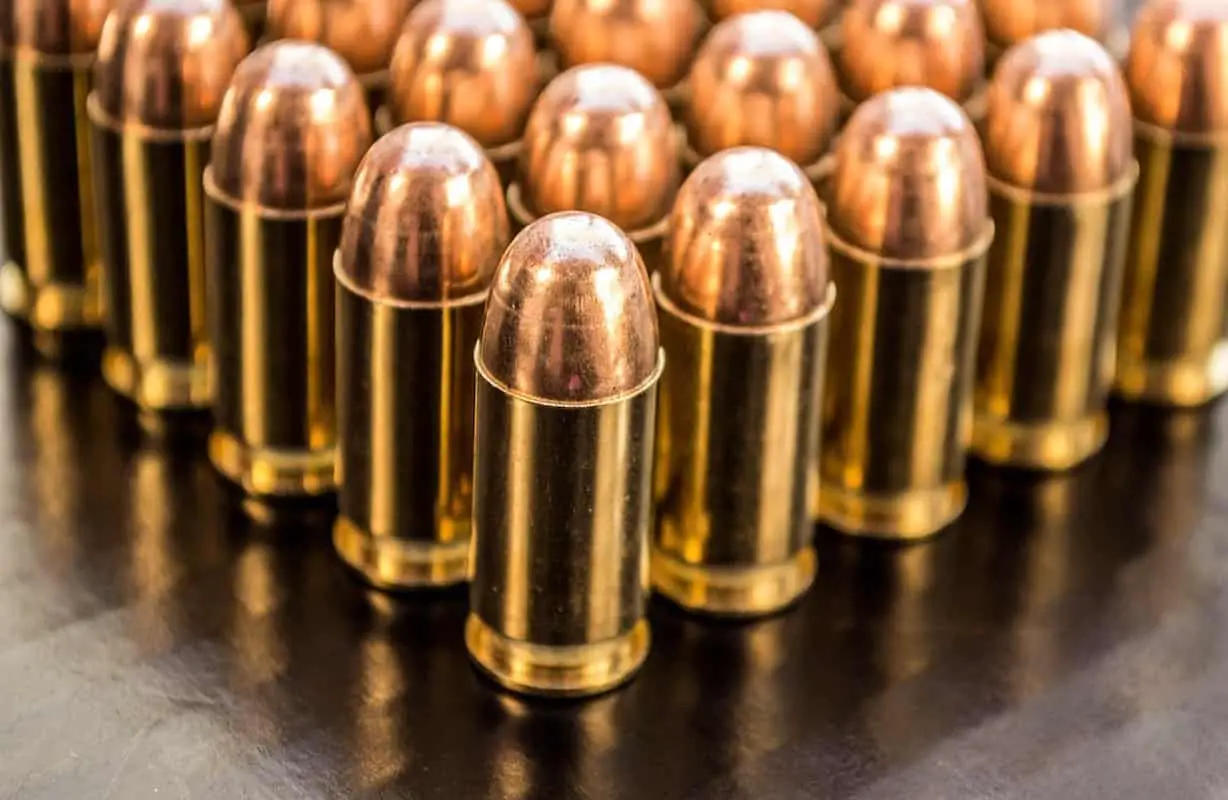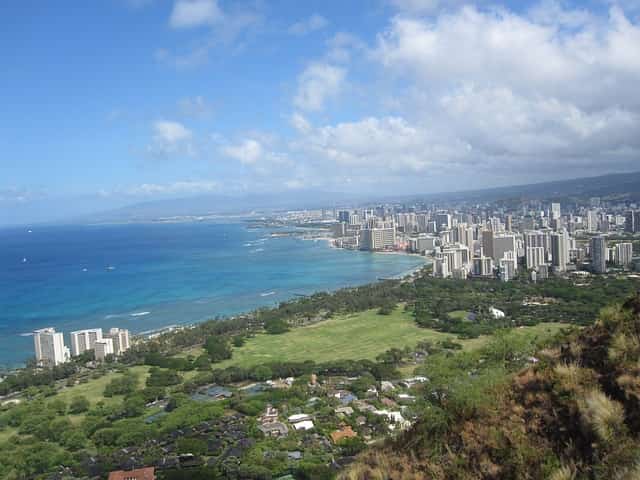
CPL Classes Near You in Hawaii
Hawaii is known for its strict gun laws, making it one of the most challenging states to obtain a concealed carry weapon (CCW) permit. The state of Hawaii has a policy that does not recognize concealed carry permits issued in other states. Therefore, residents must apply for a permit to acquire a firearm or register their firearms at their district police station.
To obtain a CCW permit in Hawaii, you must first understand the gun laws and regulations. It is essential to know the types of firearms allowed, the role of local authorities, and the safety and proficiency tests required. Additionally, you must be aware of the legal exceptions and Supreme Court rulings, restrictions, and prohibited places.
Key Takeaways
- Obtaining a CCW permit in Hawaii can be challenging due to the state's strict gun laws and regulations.
- Understanding the legal exceptions, restrictions, and prohibited places is crucial when applying for a CCW permit.
- Completing the application process, passing a background check, and meeting the eligibility requirements are necessary steps to obtain a CCW permit in Hawaii.
Understanding Gun Laws in Hawaii
If you're a United States citizen living in Hawaii and want to carry a concealed firearm, you need to be familiar with Hawaii's gun laws. Hawaii has some of the strictest gun-safety legislation in the country, and lawmakers continue to push for even more restrictions.
To obtain a concealed carry weapon (CCW) permit in Hawaii, you must be at least 21 years old and complete a state-approved firearms training course. Carrying a loaded firearm without a license, whether openly or concealed, including in a vehicle, is a class B felony.
It's important to note that Hawaii is now a "shall-issue" state. This change happened because of the NYSRPA v Bruen Supreme Court decision on June 23rd, 2022. The police department must issue your permit if you have met all the qualifications. Before this ruling Hawaii was a very strict may-issue state.
There are also many places where you cannot carry a concealed firearm in Hawaii. These include schools, government buildings, and places of worship, among others. It's important to familiarize yourself with these restrictions before carrying a firearm in public.
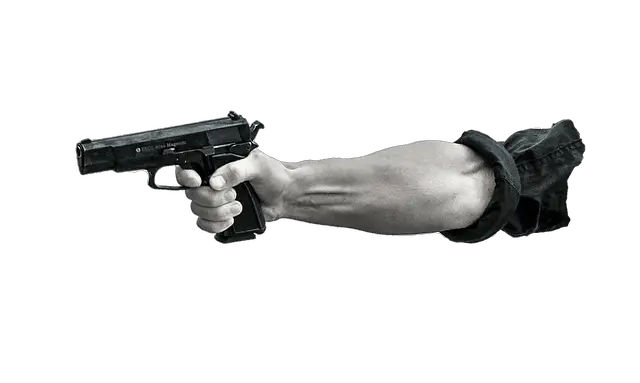
Acquiring Firearms in Hawaii
If you wish to acquire a firearm in Hawaii, you must comply with the state's strict gun laws. Here are some important things to keep in mind:
Permits
In Hawaii, you must apply for a permit to acquire a firearm. To do this, you must make an appointment at any police station island-wide. You must be at least 21 years old and a United States citizen to apply for a permit to acquire a handgun or a shotgun or rifle for the first time.
Purchase
Once you have obtained a permit to acquire a firearm, you may purchase a firearm from a licensed dealer. It is illegal to purchase a firearm from an unlicensed dealer or to sell a firearm to someone who is not licensed.
Waiting Period
There is a mandatory waiting period of 14 days from the date of application before you can pick up your firearm permit.
Permit to Acquire
To obtain a Permit to Acquire a Firearm, you must appear in person at the Police Department's Firearms Unit. Forms are available on their website to complete prior to coming down to the Firearms Section office.
Acquired
After you have acquired a firearm, you must register it with the police department. You must also keep your firearms in a safe and secure location to prevent unauthorized access.
The Role of Local Authorities
Your county Police Department is responsible for processing CCW applications and issuing permits. The Chief of Police has the final say on whether an applicant is approved or denied.
To obtain a CCW permit in Hawaii, applicants must first obtain police permission. They will conduct a thorough background check and review the applicant's criminal history, mental health status, and other relevant factors. The applicant must also complete a firearms safety course and demonstrate proficiency with their chosen firearm.
It is important to note that Hawaii has traditionally had strict rules regarding CCW permits. However, recent changes in state law and a U.S. Supreme Court ruling have made it easier for residents to obtain permits. All four county police departments in Hawaii are now processing and signing CCW permits.
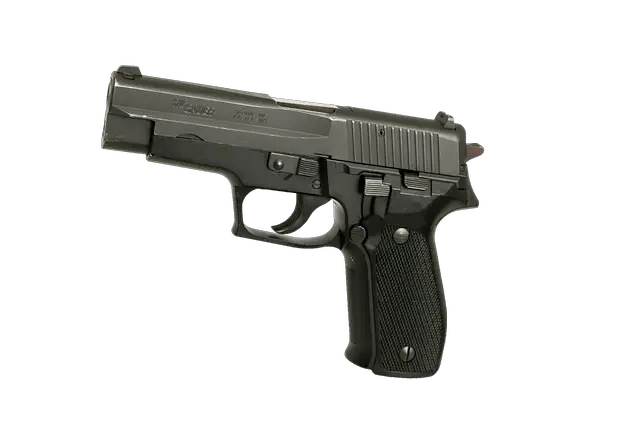
Carry Permit and CCW in Hawaii
Requirements
To be eligible for a carry permit or CCW in Hawaii, you must be at least 21 years old, a resident of Hawaii, and have completed a firearms safety training course. Additionally, you must not have any felony convictions or a history of mental illness.
Application Process
To apply for a carry permit or CCW in Hawaii, you must first make an appointment at any police station island-wide. During the appointment, you will need to provide proof of firearms safety training completion, proof of residency, and a set of fingerprints. You will also need to fill out an application form and pay a fee.
Once your application is submitted, the police department will conduct a thorough background check. The chief of police will then review your application and either approve or deny it
Safety and Proficiency Tests
Before applying for a Hawaii Concealed Carry Weapon (CCW) permit, applicants must pass a safety and proficiency test. This test is designed to ensure that the applicant is knowledgeable about firearm safety and proficient in handling a firearm.
The safety test covers topics such as firearm safety rules, safe storage and handling of firearms, and the legal use of deadly force. Applicants must pass this test with a score of at least 70%.
The proficiency test is a shooting test that evaluates the applicant's ability to handle and shoot a firearm accurately. The shooting proficiency test includes shooting at a target from a distance of 3, 5, and 7 yards. Applicants must hit the target with a minimum score of 70%.
To prepare for the safety and proficiency tests, applicants can take a firearm safety course and practice at a shooting range. Hawaii has several shooting ranges available for public use, including the Koko Head Shooting Complex and the Puʻu Anahulu Shooting Range.
It is important to note that passing the safety and proficiency tests does not guarantee that an applicant will be issued a CCW permit. The Hawaii Police Department will also review the applicant's background and may deny the permit if they believe the applicant poses a risk to public safety.
Registration and Ownership
Registering firearms in Hawaii is mandatory, regardless of whether they are serviceable or not, and regardless of how they were obtained. According to Chapter 134 of the Hawaii Revised Statutes, "Firearms, Ammunition and Dangerous Weapons," all firearms in Hawaii must be registered. However, there are a few exceptions to this rule.
Firearms acquired within the state must be registered with the chief of police within five days. Firearms brought in from out of state, including those owned prior to moving to Hawaii, must be registered within three days of arrival.
To register a firearm, the owner must complete a registration form and provide a copy of their identification card, along with the firearm's make, model, caliber, and serial number. The registration fee is $42 per firearm.
Gun owners in Hawaii must also be aware of the state's ownership laws. Hawaii law requires that all firearms be safely secured in a locked container or equipped with a trigger lock when not in use. Additionally, the state prohibits the ownership or possession of certain types of firearms, including assault weapons and short-barreled rifles.
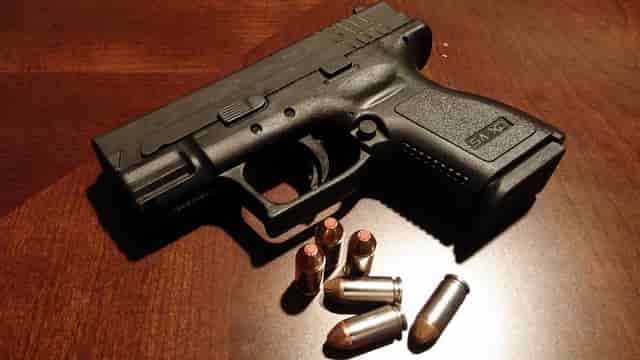
Legal Exceptions and Supreme Court Ruling
Legal Exceptions
Hawaii law provides several legal exceptions where a person may carry a concealed weapon without a permit. These exceptions include:
- Active duty military personnel or law enforcement officers
- Security guards or private investigators who are licensed by the state
- Individuals who are transporting an unloaded firearm in a locked container
- Individuals who are engaged in hunting or target shooting activities in areas where such activities are permitted
It is important to note that these exceptions do not apply to individuals who have been convicted of certain crimes or who have been adjudicated as a danger to themselves or others.
Supreme Court Ruling
In June 2022, the U.S. Supreme Court issued a ruling that struck down a New York state law that required individuals to demonstrate a special need to carry a concealed handgun outside the home. This ruling has put the spotlight on "may issue" states like Hawaii, where discretionary authority is given to law enforcement officials to determine whether or not an individual may receive a CCW permit.
Restrictions and Prohibited Places
When obtaining a CCW permit in Hawaii, it is important to understand the restrictions and prohibited places where carrying firearms is not allowed. Failure to comply with these restrictions can result in revocation of the permit and possible criminal charges.
The following entities are prohibited places for carrying firearms in Hawaii:
- Bars and establishments that serve alcohol. It is illegal to carry a firearm into any place where alcohol is served and consumed. This includes bars, nightclubs, and restaurants that serve alcohol.
- Schools and school-related activities. Carrying firearms on school grounds or at school-related activities is strictly prohibited. This includes public and private schools, colleges, and universities.
- Polling places. Firearms are not allowed within 100 feet of a polling place during an election.
In addition to these prohibited places, Hawaii law also prohibits carrying firearms in government buildings, courthouses, and airports. It is important to note that even with a CCW permit, carrying firearms in these places is illegal.
It is also important to understand that Hawaii does not have a "stand your ground" law. This means that individuals cannot use deadly force in self-defense unless they are in fear of imminent death or serious bodily injury.
Background Checks and Eligibility
To obtain a Concealed Carry Weapon (CCW) permit in Hawaii, applicants must meet certain eligibility requirements. The Hawaii Background Check System (HI-BCS) is responsible for conducting background checks on all applicants. The background check process includes a review of the applicant's criminal and mental health histories, as well as a check for any disqualifying factors.
Under Hawaii law, individuals who have been convicted of certain crimes, including violent offenses, drug offenses, and certain sex crimes, are prohibited from obtaining a CCW permit. Additionally, individuals who have been found to be dangerous or who have a history of domestic abuse are also prohibited from obtaining a CCW permit.
To apply for a CCW permit in Hawaii, applicants must first submit an application to the county police department where they reside. The application process includes a fingerprinting and background check, as well as a review of the applicant's criminal and mental health histories.
The background check process includes a review of the applicant's criminal history record, which is maintained by the Hawaii Criminal Justice Data Center. The criminal history record check will include any convictions, arrests, and other criminal history information.
In addition to the criminal history record check, the background check process also includes a review of the applicant's mental health history. This review is conducted by the Hawaii Department of Health, and includes a check for any history of mental illness or other mental health issues.
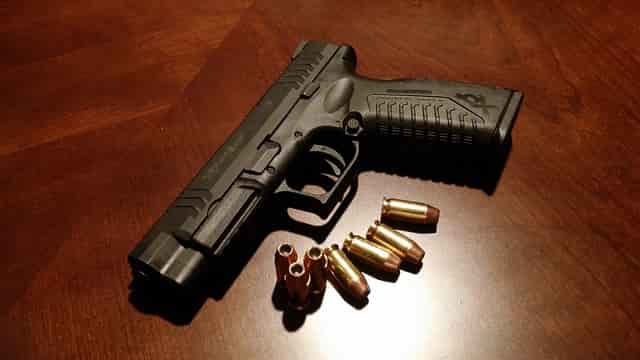
Pending Applications and Process
Once you have submitted your application for a concealed carry permit in Hawaii, it will be reviewed by your county police department. They have up to 14 days to notify you of any missing information or documentation. If your application is complete, it will be processed, and background checks will be conducted.
It is important to note that incomplete applications will be rejected by the Chief of Police before processing. Therefore, ensure that your application is complete before submitting it. The following background checks will be conducted:
- Local police involvements (current and archive records management systems)
- State of Hawaii - Electronic Bench Warrant (EBW) search
The police department will also conduct a mental health check and a check of the national criminal history record database. These checks may take up to 90 days to complete.
If your application is approved, you will receive a notification to schedule an appointment to complete the permit process. The notification will include instructions on how to schedule the appointment.
It is important to note that county police departments have received a high volume of applications for concealed carry permits since they began accepting applications. Therefore, it may take longer than usual for your application to be processed.
In the meantime, it is important to ensure that you meet all the requirements for a concealed carry permit in Hawaii, including being at least 21 years old, having completed a firearms safety or training course, and having a clean criminal record. If any of these requirements are not met, your application may be denied.
Frequently Asked Questions
What are the requirements to obtain a firearm permit in Hawaii?
To obtain a firearm permit in Hawaii, you must be at least 21 years old and a legal resident of the state. Additionally, you must not have any prohibition for the possession of firearms under Hawaii gun laws.
How long does it take to get a firearm permit in Hawaii?
The process of obtaining a firearm permit in Hawaii can take up to several months. The Hawaii Police Department is responsible for processing the applications and conducting background checks.
What is the process to apply for a firearm permit in Hawaii?
To apply for a firearm permit in Hawaii, you must complete an application form and submit it to the Hawaii Police Department. You will also need to provide fingerprints and undergo a background check. The application process can be lengthy, and you may need to provide additional documentation to support your application.
What are the restrictions for carrying a firearm in Hawaii?
In Hawaii, it is illegal to carry a firearm openly in public. Concealed carry is only allowed with a valid Hawaii Concealed Carry Weapon (CCW) permit. Additionally, there are restrictions on carrying firearms in certain locations, such as schools, government buildings, and airports.
Are there any training requirements for obtaining a firearm permit in Hawaii?
You must complete a state approved firearms training course.
What is the difference between a firearm permit and a CCW in Hawaii?
A firearm permit in Hawaii allows an individual to possess and use a firearm in the state. A Hawaii Concealed Carry Weapon (CCW) permit allows an individual to carry a concealed firearm in public. To obtain a CCW permit, an individual must meet additional requirements, such as completing a firearms safety course.
To obtain a firearm permit in Hawaii, you must be at least 21 years old and a legal resident of the state. Additionally, you must not have any prohibition for the possession of firearms under Hawaii gun laws.
"}},{"@type":"Question","name":"How long does it take to get a firearm permit in Hawaii?","acceptedAnswer":{"@type":"Answer","text":"
The process of obtaining a firearm permit in Hawaii can take up to several months. The Hawaii Police Department is responsible for processing the applications and conducting background checks.
"}},{"@type":"Question","name":"What is the process to apply for a firearm permit in Hawaii?","acceptedAnswer":{"@type":"Answer","text":"
To apply for a firearm permit in Hawaii, you must complete an application form and submit it to the Hawaii Police Department. You will also need to provide fingerprints and undergo a background check. The application process can be lengthy, and you may need to provide additional documentation to support your application.
"}},{"@type":"Question","name":"What are the restrictions for carrying a firearm in Hawaii?","acceptedAnswer":{"@type":"Answer","text":"
In Hawaii, it is illegal to carry a firearm openly in public. Concealed carry is only allowed with a valid Hawaii Concealed Carry Weapon (CCW) permit. Additionally, there are restrictions on carrying firearms in certain locations, such as schools, government buildings, and airports.
"}},{"@type":"Question","name":"Are there any training requirements for obtaining a firearm permit in Hawaii?","acceptedAnswer":{"@type":"Answer","text":"
You must complete a state approved firearms training course.
"}},{"@type":"Question","name":"What is the difference between a firearm permit and a CCW in Hawaii?","acceptedAnswer":{"@type":"Answer","text":"
A firearm permit in Hawaii allows an individual to possess and use a firearm in the state. A Hawaii Concealed Carry Weapon (CCW) permit allows an individual to carry a concealed firearm in public. To obtain a CCW permit, an individual must meet additional requirements, such as completing a firearms safety course.
"}}]}
Have you ever thought about buying ammo online?
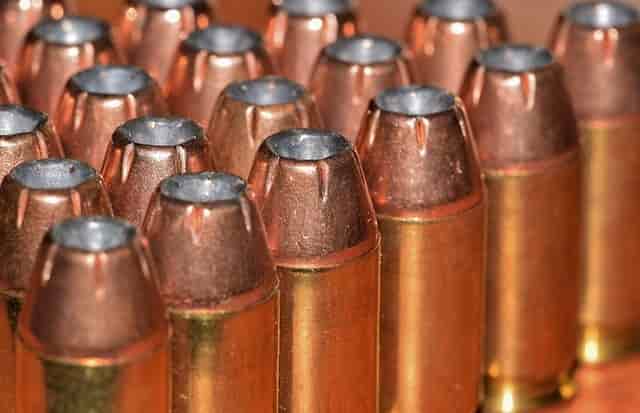
I'm telling you it's so easy with Lucky Gunner! The ammo shown on their site is guaranteed to be in stock and will ship fast. I heartily endorse Lucky Gunner and so do their many customers.
"Okay, so far I've dealt twice with LuckyGunner, and all I can say is, I LOVE YOUR COMPANY!!!!
Imagine: only items in stock are advertised. Who'da thunk, eh? The more highly advertised ones - Cheaper Than Dirt, Cabela's, et. al. - will put you on backorder forever and a day. But LuckyGunner - I ordered 500 shells of .45 ACP (hard to get in this "shortage") - and there it was at my address. No backorders, no bull. Business as it should be.
Yes, I'm telling my friends! I'm constantly writing down your addy on bits of paper (and running out of the latter), spreading the joyous news, "No backorders! No bull! Try LuckyGunner.com, you won't be sorry!" Thank you for being there for an ammo-starved public. And, thanks for the SUPERB customer service."
-- Walter J., Silverdale, WA --


Jason Huskey
Owner of CCWClasses.net
Jason Huskey is a family man with three kids and a wonderful wife. He’s always starting new hobbies, but his true passion lies in shooting sports. Jason has been a CCW license holder for over 10 years and carries every day. In addition to firearms, he also enjoys playing guitar and writing songs. He tries to live by the Christian values he believes in.
More things you might enjoy…
Can a 38 Special Shoot 357 Rounds?
Image by MikeGunner from Pixabay I’ve long since discovered that very few activities give me the same thrill and sense of security as firing a gun. As a gun owner and enthusiast, I’ve always been curious about which guns can shoot which kinds of ammunition. I have a Derringer five-shot revolver that uses .22 rounds.…
Who Makes the Most Popular Brands of Ammo
If you are here to figure out who makes Herter’s ammo just look below the following table for a more thorough answer. If you are looking for a specific type of ammo, then you need to start by figuring out who makes it. There are lots of options for ammunition and each type of bullet…
What Does Full Metal Jacket Mean?
If you have heard the term full metal jacket, then you might be wondering what this means. I know that growing up, I heard this term a lot. I dismissed it as some sort of saying or cliche. Eventually, I decided that I needed to figure out what people meant when they use this term.…
How Often Should You Clean Your Gun?
After purchasing a firearm, you might wonder how often you should clean your gun. The truth is that it largely depends on how often you use it and where you live. Keep reading to learn more. How Often Should You Clean Your Gun? The short answer: do a light cleaning after every shooting session and…
What Is The Main Difference Between Centerfire And Rimfire Ammunition?
Rimfire vs Centerfire Everyone has to start somewhere. If you’re new to guns, learning the difference between rimfire and centerfire ammunition is important. Let me backtrack a moment. The first time I went out on the gun range, I had zero idea that there were different types of ammo for different types of weapons. All I knew…
Continue Reading What Is The Main Difference Between Centerfire And Rimfire Ammunition?
How Should You Hold a Handgun for Maximum Accuracy?
Whether it’s for sport or you find yourself in a defensive situation where you need to use a handgun, how you hold it will significantly affect your accuracy. Developing your handgun techniques will help you become a better shot and keep you safe. Read on to learn the answer to the question: How should you…
Continue Reading How Should You Hold a Handgun for Maximum Accuracy?
What Is Stippling On A Gun?
Hey, would you like a more firm grip on your gun? Would that help you shoot better? Well that is what stippling is for. Stippling is a modification to the grip that makes it, well, more grippy. It is done by sanding off the original finish and then using a hot soldering iron to make…
What Is A Centerfire Pistol?
To answer the question: “What Is A Centerfire Pistol?”, you must first understand that there are two main types of ammunition: Centerfire Rimfire These ammo categorizations are based on where the firing pin hits the back of the bullet to make it fire. A centerfire pistol is one where the firing pin strikes the center…
Is It Bad To Dry Fire A Glock?
There are loads of myths and assumptions surrounding handguns. If you grew up around guns, you probably heard some of these myths. Today, we will answer the question: Is it bad to dry fire a Glock. The Quick Answer Dry firing modern centerfire guns is completely fine (this includes most Glocks). The firing pin does…
What Is The Sight Picture?
When you first became interested in shooting you probably heard the terms sight picture and sight alignment being thrown around. Most people tend to use the two terms interchangeably; however, they do not mean the same thing. In this guide, I will make a clear distinction between sight picture and sight alignment. To master any new trade, you must…
What is Ball Ammo
When you hear the term “ball ammo” you may be picturing an actual ball. While the term did originate from ball shaped ammo, that’s not what it means today. Most ball ammo today is cylindrical in shape. It will have a lead core coated with copper. Keep reading to learn all about the history and…
